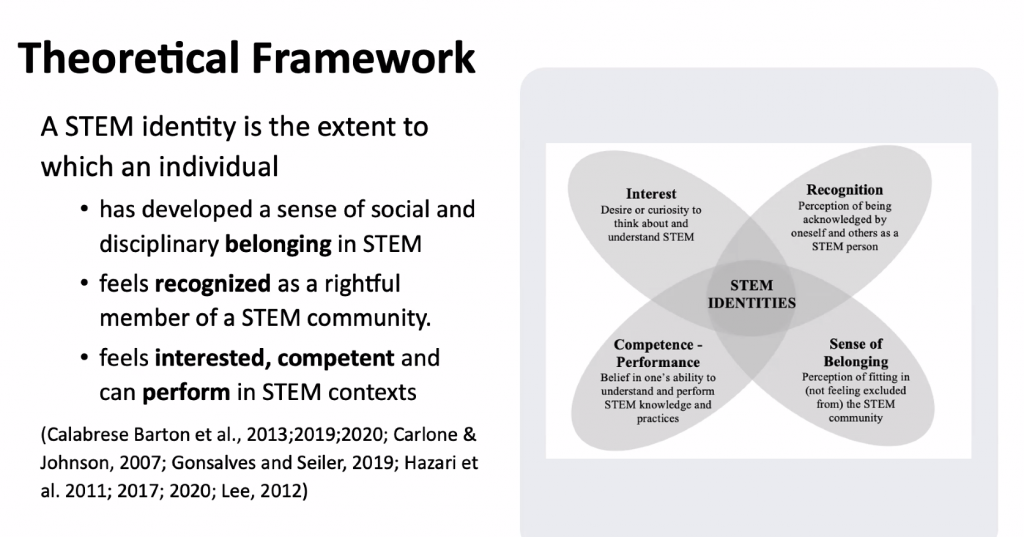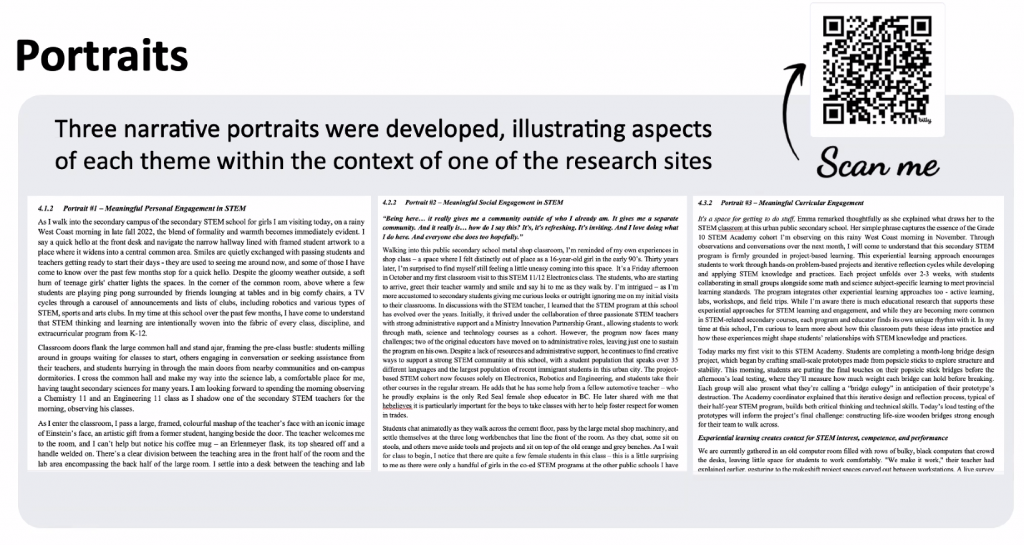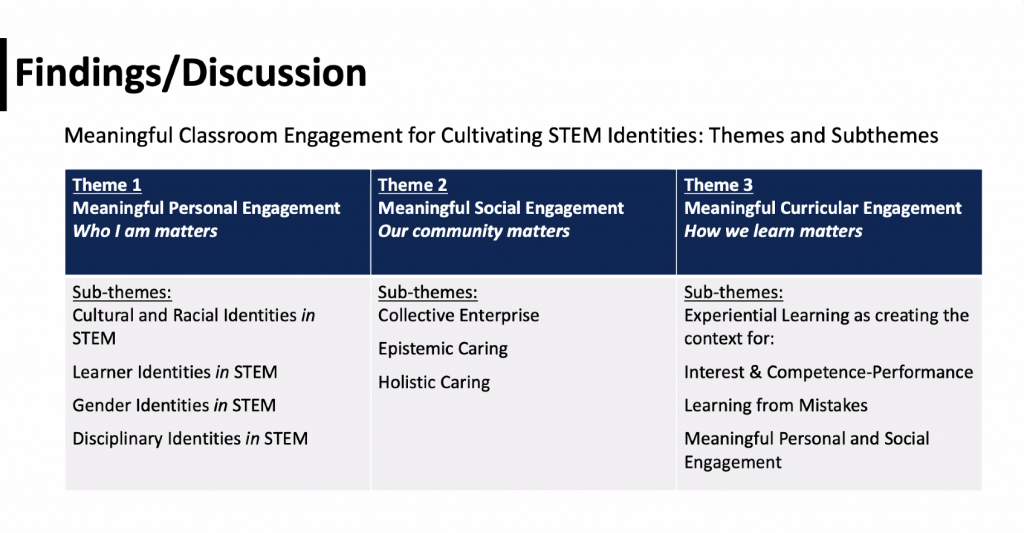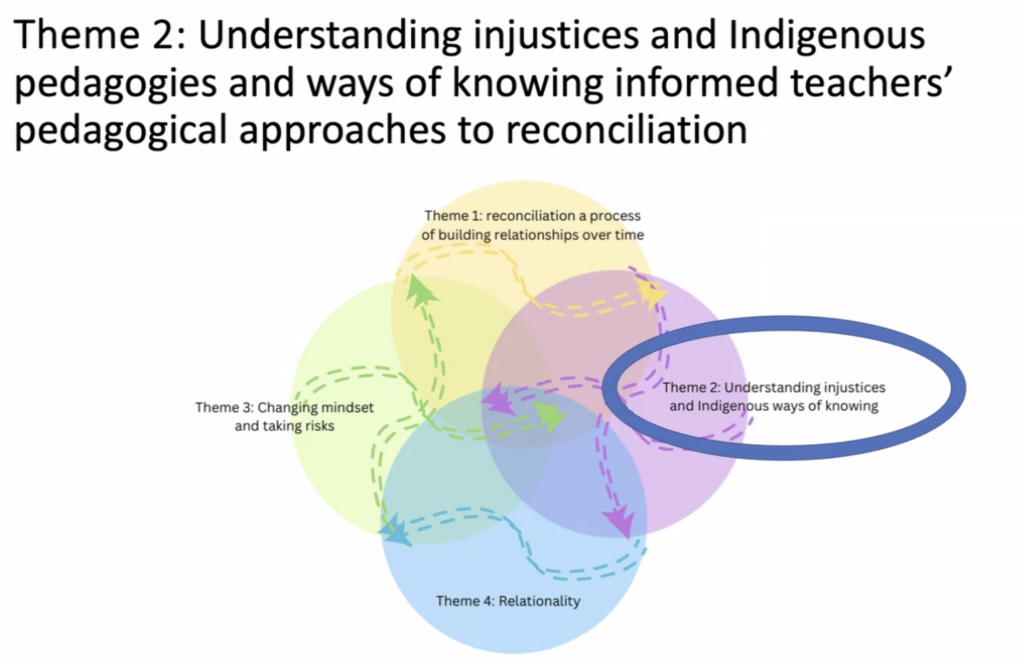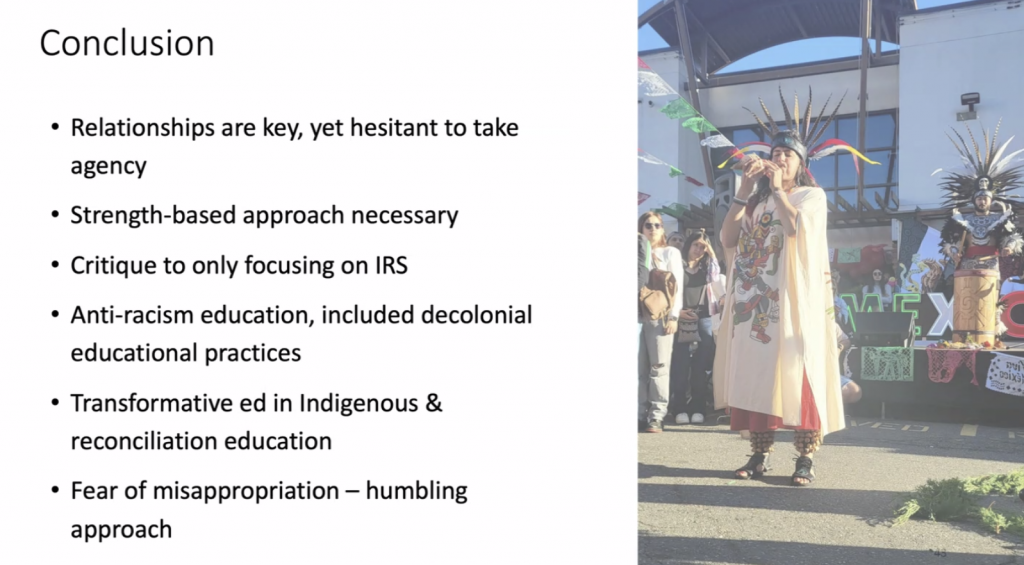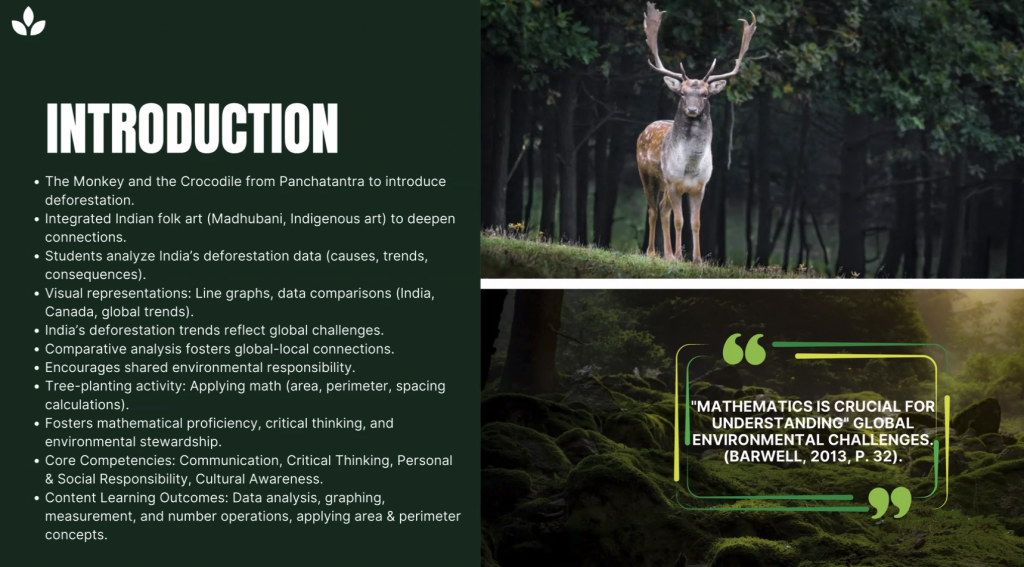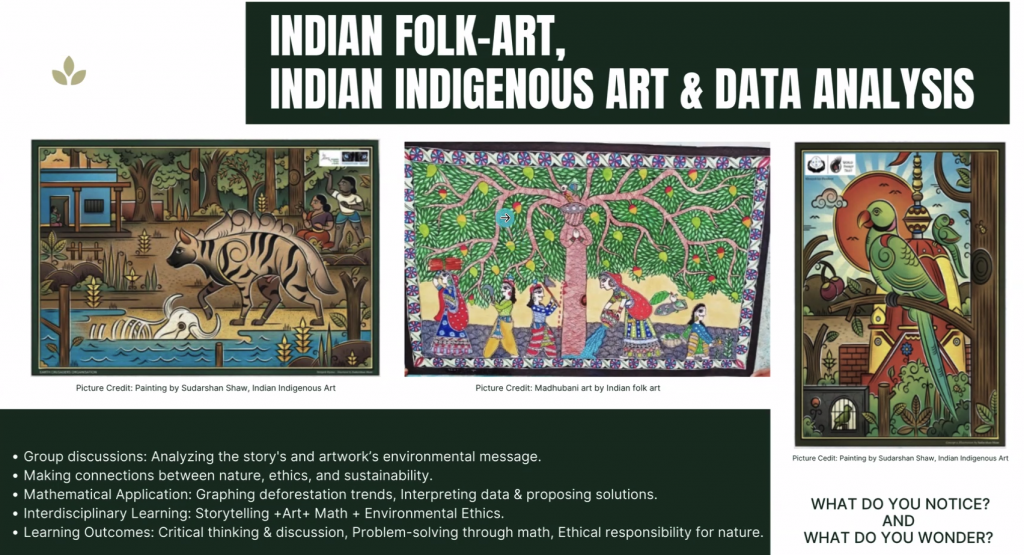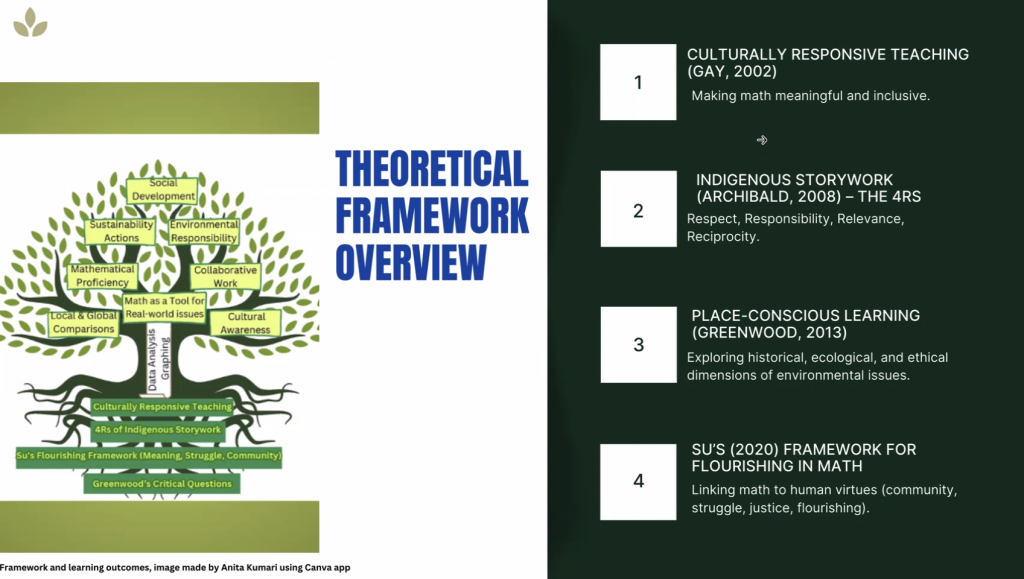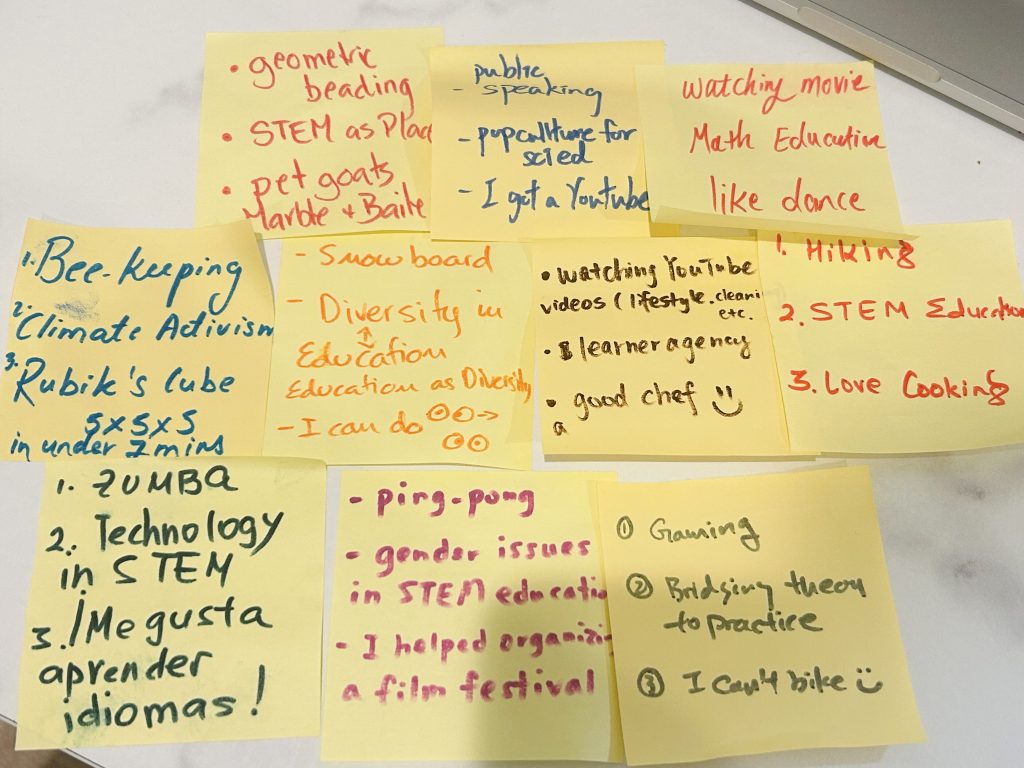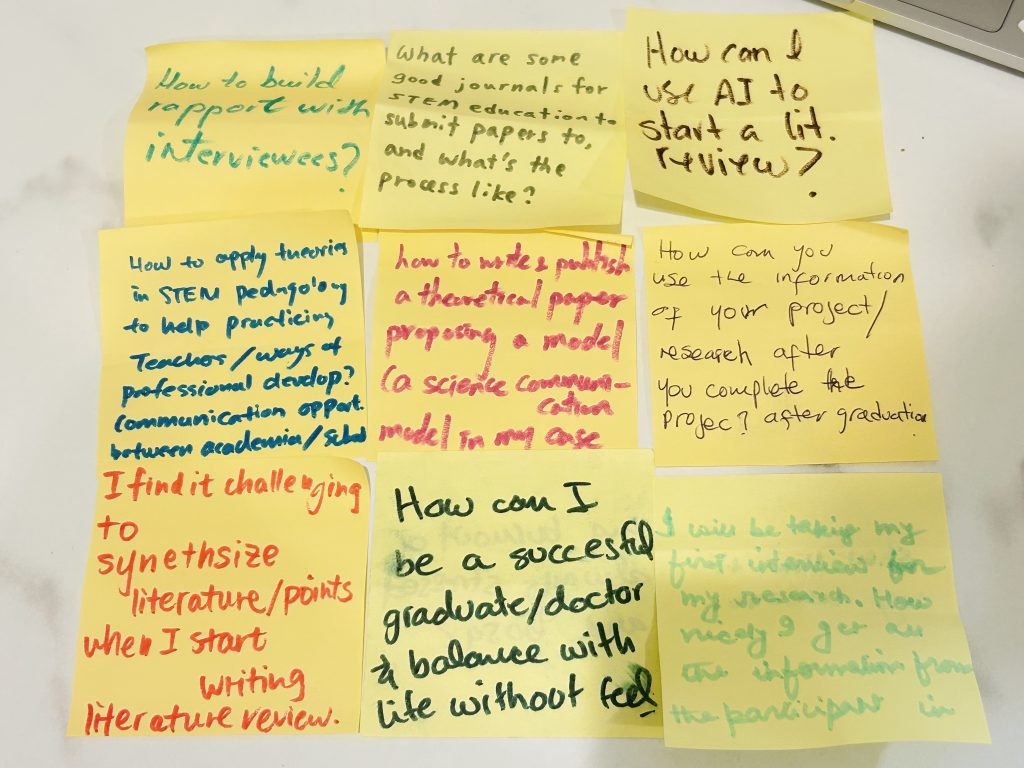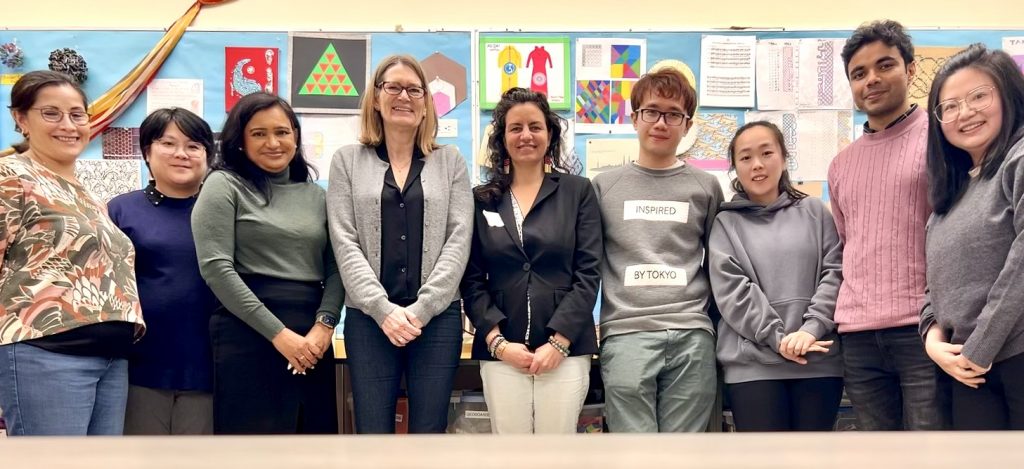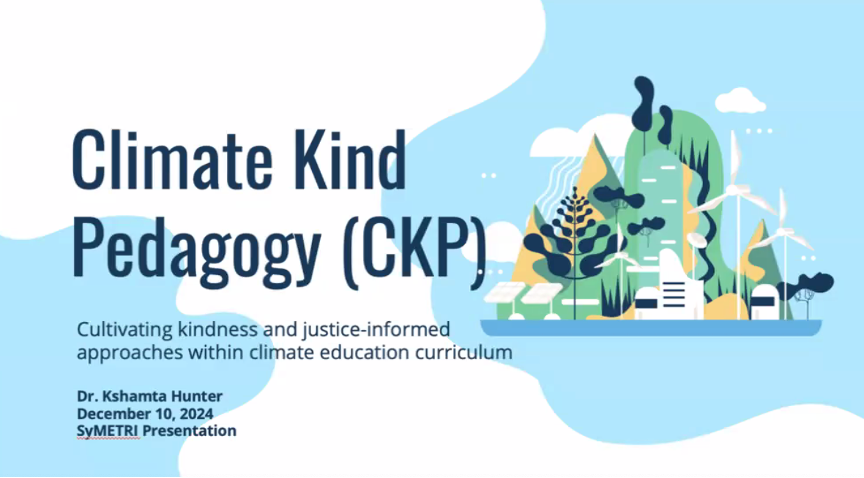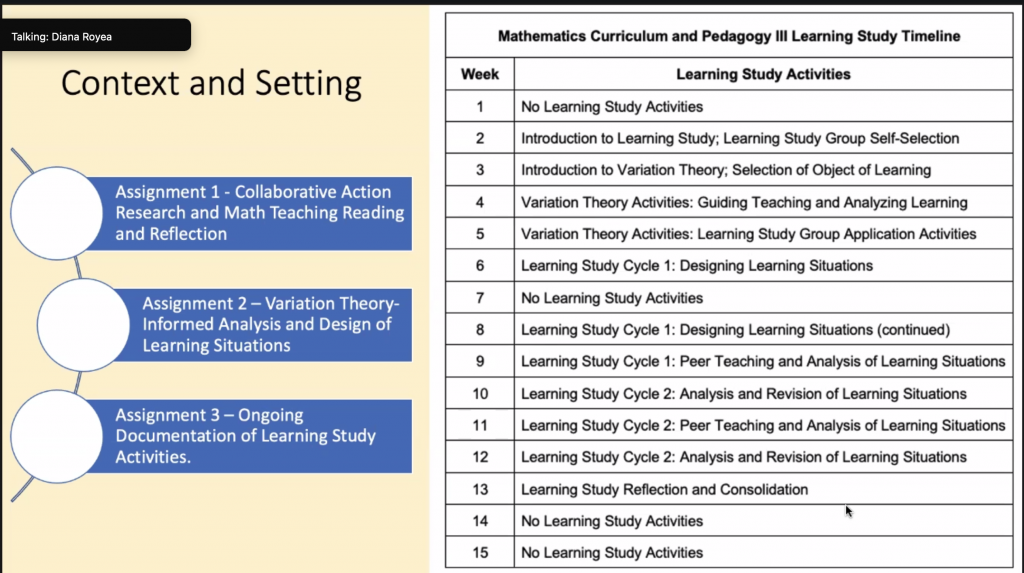Summary of SyMETRI Meeting: November 11th, 2025 by Qiaochu Xu
Date: November 11th, 2025
Host: Dr. Cynthia Nicol
Welcome to a new semester with SyMETRI! As we step into the new semester, we continue to build a space where STEM graduate students and faculty can gather, share research, and think together about questions in science, technology, and mathematics education. This year’s meetings will be facilitated by Qiaochu, now in her fourth year with SyMETRI as a PhD student in mathematics education, and Lindsay, a PhD candidate in science education and former secondary language arts teacher recently joining and facilitating the SyMETRI meetings, with Dr. Cynthia Nicol, a professor from mathematics education as host.
Our first gathering of the semester took place online in November, where a small but lively group joined through Zoom. The meeting began with an activity called My Life in Numbers, where each person offered a number that captured a small part of their story. Some numbers were humorous—cups of coffee needed to function—while others reflected the rhythms of graduate school: the length of the daily commute, the tally of courses completed, or the count of ongoing research projects. As numbers turned into anecdotes, the conversation opened warmly and set a collaborative tone.
The discussion soon shifted toward the United Nations Sustainable Development Goals (SDGs). With the website open on the shared screen, participants reflected on how these global aims intersect with their own work and how SyMETRI, as a community, might explore sustainability throughout the year. The questions quickly moved beyond policy and into lived experience—how we teach, how we design research, and how we participate in our local communities.
Two guiding questions shaped the conversation:
-
What drivers of change make progress toward sustainable development more or less possible?
-
What role can Science, Mathematics, and Technology Education play in making the world better, both locally and globally?
Participants described systemic challenges: political cycles that shift priorities, funding structures that push sustainability aside, commercial narratives that frame progress through profit, and consumer habits that quietly accumulate waste. Yet alongside these concerns were moments of possibility. One member shared how a simple measurement activity in a Grade 7 mathematics class opened conversations about resource use and waste. Another spoke about teaching science alongside social issues, helping students see sustainability not as an abstract concept, but as part of family life, community identity, and everyday choices.
The meeting concluded with collective brainstorming around what actions SyMETRI might take as a community this year. Ideas included clothing or food donation drives, campus waste-reduction efforts, and other opportunities to strengthen community ties within the Faculty of Education.
Here are some slides from this discussion:
Background Image: Unsupervised by Refik Anadol
Image Credit: United Nations_Sustainable Development Goals
Here are some resources:
-
State of the SDGs in Canada – Halfway to 2030
-
Learn about Right to Repair
- FABCYCLE is a collection service of textile waste.



